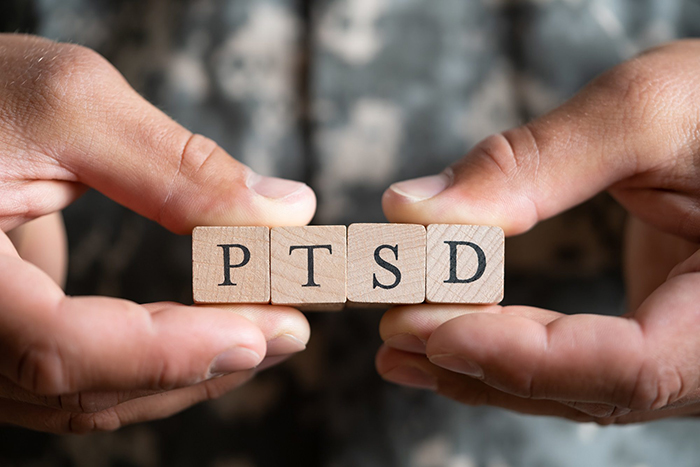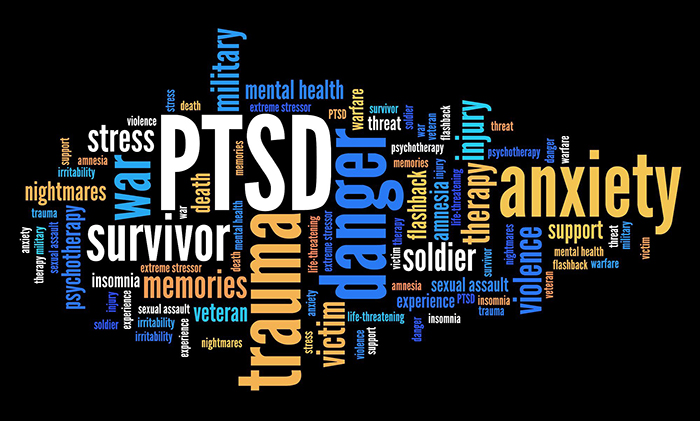Since opening its doors in 2015, the Emory Healthcare Veterans Program has served over 2,328 post-9/11 veterans and service members through the Intensive Outpatient Program (IOP). The IOP is a two-week treatment program designed to heal invisible wounds such as PTSD, traumatic brain injury (TBI), military sexual trauma (MST), anxiety, and depression. The care is free and confidential for eligible post-9/11 veterans and service members living anywhere in the United States, regardless of discharge status.
Trent B. is a graduate of the IOP and credits the Emory Healthcare Veterans Program for reclaiming his life from PTSD.
Experiencing PTSD
Before joining the Naval Civil Engineer Corps at 19, Trent worked for his family’s construction business. “I went from pouring concrete for my dad to pouring concrete for Navy,” says Trent.
While on deployment in Iraq, he experienced a traumatic event that made returning to civilian life challenging.
“We were in a small town in Iraq working on security and doing construction work,” he says. “At one point, someone yelled for us to take cover, but I didn’t know what was going on at the time. I saw a child walking down the street, and there was a bomb strapped to his body. I watched as he was shot and killed.”
Despite being surrounded by people that day, Trent never spoke about what had happened.
“I never talked about it, my unit never talked about it, the guys who watched it happen never talked about it,” he says. “My phone call to Emory Healthcare Veterans Program to apply for the Intensive Outpatient Program was the first time I ever spoke about what I saw that day.”




